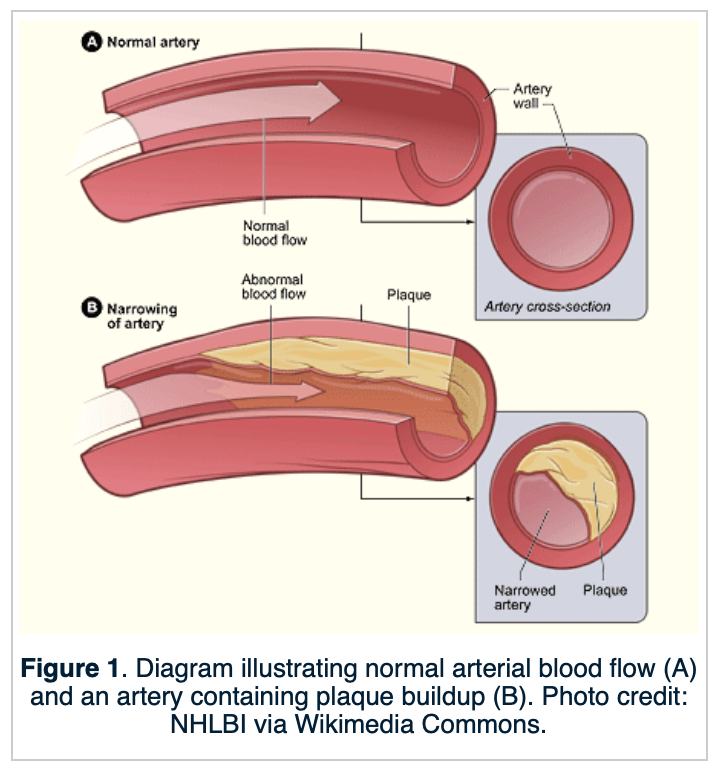Cholesterol & Atherosclerosis
- PPS101
- Jan 21, 2020
- 2 min read
Scott Echols, DVM, DABVP on the subject of animal proteins being offered to parrots in captivity:
"...my recommendation on feeding animal protein to parrots have nothing to do with my personal or others eating beliefs! It is very simple - I don't think it is a good idea for parrots. Let me explain.

"The issue is not the animal protein. It is the animal cholesterol (different from plant based cholesterol). Cholesterol in itself is not bad. In fact it is necessary. However, for reasons not understood, either animal based cholesterol or the nutrients packaged with the cholesterol (maybe how the meat is prepared, cooked, treated, etc.) seem to rapidly induce atherosclerotic lesions in parrots. I am making a blanket statement when I say parrots because we actually have very few studies on parrots being fed cholesterol. In 2 separate studies I can think of (one with pigeons and one with monk parakeets) severe atherosclerotic lesions were induced by feeding animal based cholesterol in as little as 3 months. To be fair, those studied birds were fed up to 1% cholesterol in their diet (which is a lot) and does not represent a natural situation. However, it does show that in a controlled study animal cholesterol can induce severe life threatening disease. We really don't know why and the human correlate is not the same.
"Because as a clinician I see so much atherosclerosis (especially in dead birds), I want to understand the risk factors. Here is what we know so far: low omega-3 levels in body tissues, history of feeding animal protein (and cholesterol), high omega-6 fatty acids in body tissues and general high fat diets (seeds and nuts). There are also factors that are less well defined but seem to have a role in atherosclerosis development in parrots: lack of exercise, high simple carbohydrate diets, correlation with metabolic bone disease (and all of its risk factors), history of certain inflammatory diseases and more. The factors in the last group are weakly associated meaning there is not enough data at this time to strongly tie them to atherosclerosis development. However obvious it may seem that lack of exercise may lead to heart disease in birds, we just don't have enough data to make a strong association (at this time).
"For that reason, I try to make recommendations that I feel are reasonable but are open to interpretation and change. They are as follows:
Don't feed animal based protein or fat to parrots
Feed plant based foods rich in omega-3 fatty acids
Avoid foods high in omega-6 fatty acids
Avoid feeding seeds
Provide an environment that allows for curiosity, enrichment and exercise.
Provide as much supervised sunshine therapy (don't cook, freeze, expose to predators, etc) as possible
Avoid feeding refined carbohydrates (anything with flour- bread, pasta, chips, tortillas, etc)"
Further Information:

Comments